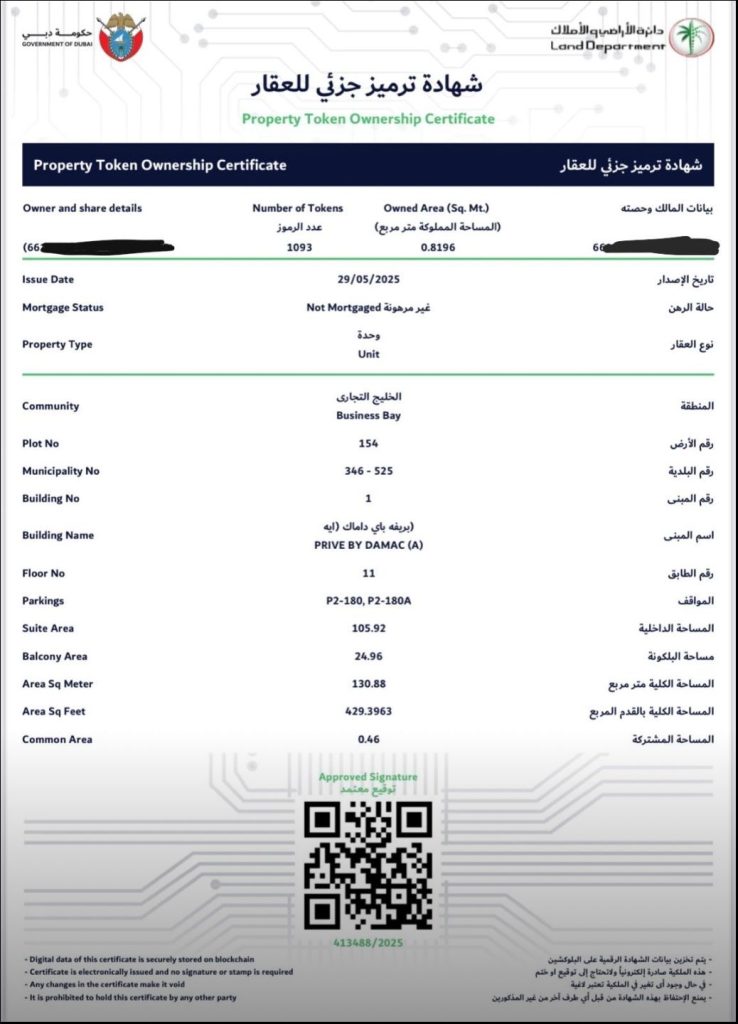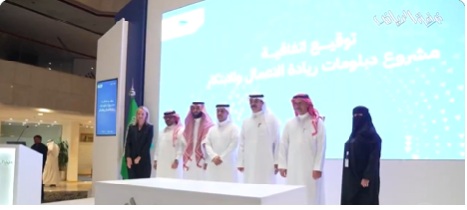
Ctrl Alt, a tokenization infrastructure platform, has secured a Virtual asset broker dealer license as well as issuer license from Dubai’s Virtual Assets Regulatory Authority (VARA). As of May 1, 2025, Ctrl Alt has tokenized over $295 million in assets, spanning real estate, private credit, funds, litigation finance and more.
As per the press release Ctrl Alt is the first VASP authorized to conduct issuer-related services. This milestone marks a significant step in Ctrl Alt’s global expansion and highlights its commitment to operating within robust regulatory frameworks. The virtual asset issuer license allows Ctrl Alt to operate a full-stack, regulatory-compliant platform for the creation, management and distribution of tokenized real-world assets and ARVA tokens.
ARVA tokens are defined under Dubai law as representing direct or indirect ownership of real-world assets, granting entitlement to receive or share income and purporting to maintain a stable value by reference to real-world assets or income. ARVA tokens are also backed or collateralized by such real-world assets or constitute a derivative, wrapped, duplicated, or fractionalized version of another ARVA.
Ctrl Alt recently demonstrated its solution with its partnership with Dubai Land Department for their real estate tokenization project. Ctrl Alt created the framework to mint and place real estate tokens on-chain. PRYPCO Mint, the first licensed real estate tokenization platform, in partnership with Dubai Land Department, Dubai’s Regulatory Authority, and powered by Ctrl Alt blockchain, issued the region’s first property token ownership certificate. The fully funded property attracted 224 investors from over 40 nationalities, with an average investment amount of AED 10,714, underscoring the platform’s wide appeal and the growing appetite for accessible, tech-enabled real estate opportunities in the region.
“We are proud to receive our VARA license and establish fully regulated operations in the UAE,” said Matt Ong, Founder and CEO at Ctrl Alt. “This achievement reflects our commitment to long-term regulatory alignment as we power the infrastructure for the next generation of financial products.”
“Securing our VARA license marks a pivotal moment not just for Ctrl Alt, but for the broader digital asset ecosystem in the region,” said Robert Farquhar, Head of MENA at Ctrl Alt. “Dubai’s progressive regulatory environment provides a strong foundation for innovation in tokenization and we’re proud to contribute to that vision by delivering secure, compliant tokenization infrastructure for real-world asset issuance.”


















